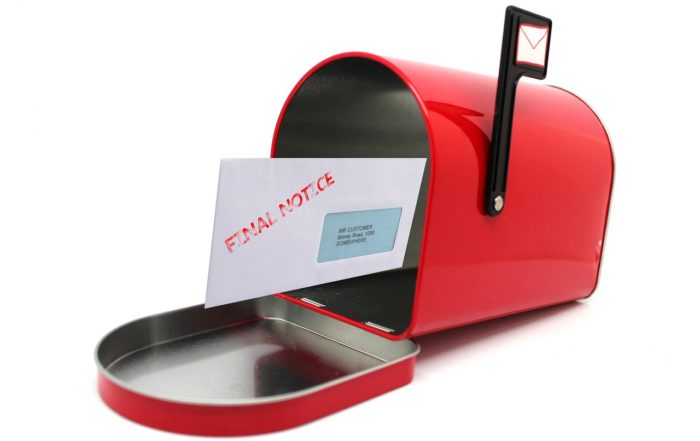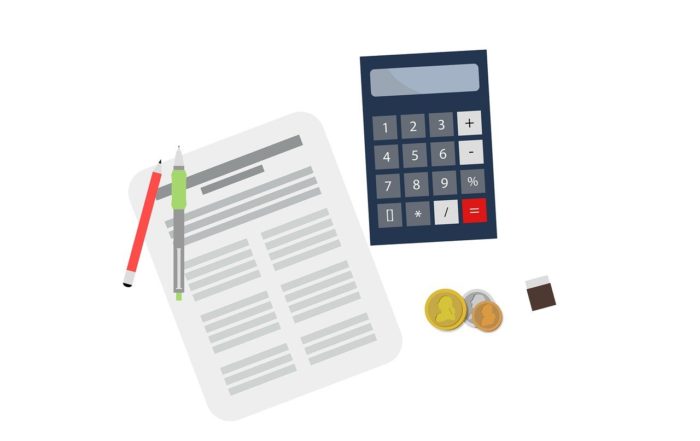Sending Out Demand Letters In Texas -What To Know
When you own a business, you inevitably come across a scenario you’d rather not experience. You work with a client, providing them outstanding results. The client receives the product they wanted in a timely fashion, and you had no problems with the client. The client has acknowledged they are happy with the final output and will pay you for your time. You send them an invoice/bill and receive no compensation for your efforts.
You continue sending them an invoice several more times, but they are repeatedly ignored. What can you do to ensure you receive payment for your services?
Demand Letter Approach Helps Garner Reaction From Non-Paying Clients
The most common tactic to getting paid for your services is to send a demand letter. The demand letter is sent to the entity that has not fulfilled their end of the deal, informing them that legal action is on the table to settle the matter. The letter alone is enough for a client to pay the debt, but before you go this route, there are a few things to know first about demand letters.
They Don’t Always Lead To Compliance
The premise of a demand letter is to show your debtor that you are seriously going after them for payment of services. Before this letter, the debtor may be hoping the bill will go away. Receiving this letter often spurs them into action to pay off their owed debt.
However, this doesn’t always happen. In some cases, a debtor may choose to still ignore the demand letter or respond as to why the debt has yet to be paid. When you choose to send this demand letter, be ready to be step up the action. What steps will you take against the client if they still do not pay off their debt, regardless of the reason?
Carefully Word Your Demand Letter
Whatever you say in your demand letter can come back and haunt you in court, so be mindful of this when you create the document.
Watch what kind of language you use. Do not make threats for any groundless claims, and do not make threatening physical or illegal significances. You could do yourself more harm than good and may even find yourself in legal trouble.
Avoid Stating All Evidence In The Demand Letter
When writing the demand letter, you want to avoid risking any possible claims you could have. Do not mention certain elements that could affect the claim. Determine if the information you provide in the letter can actually help your debtor’s case and hinder your own. Your demand letter should be brief, stating just facts that offer some context of the situation and a statement that you are requesting payment to address the debt.
A demand letter gives you more when you write less.
An Attorney Is Not Required For Your Demand Letter
A lawyer is not required to send your debtor a demand letter, but using an attorney tends to lead to a more fruitful outcome. After all, they have the knowledge and experience to word the demand letter in a way that meets the pertinent constitutional notice requirements.
Legal Limits Apply To Debt Pursuant
When collecting a debt, you must make sure you abide by the debt collection practices law. The majority of states stipulate that debtors are given written notice about the debt. This information includes
- Legal entity of debtor
- How much is owed
- How the entity can address the debt
For help in writing your demand letter to ensure you are compliant, it’s best to hire an experienced business law lawyer to assist you.
How We Can Help You
If you’re a business owner who needs help collecting on a debt, we can assist. We have helped many of our clients attain payments on debts owed with a well-crafted demand letter. We make sure that this letter is compliant with the law and doesn’t impact your business negatively.
Call our office at (972) 712-1515 or (888) 517-4575, or visit our website at TexasEstates.com, to schedule an appointment, by phone, in-person, or video conference, with one of our experienced business attorneys.
Why Singles Should Worry about Estate Planning
Why Singles Should Worry about Estate Plannings -What To Know Several Reasons Single People Still Need To Be Concerned With Estate Planning When you’re putting together an estate plan, you often choose your spouse ...
Warning: Don’t Let Creditors Inherit from You or Your Spouse
Don't Let Creditors Steal From Your Loved Ones - What To Know How To Ensure Your Spouse Receives Your Retirement Accounts and Not Creditors In most cases, spouses will inherit any of your ...
Can a Beneficiary Also Be a Trustee of a Trust?
Can a Beneficiary Also Be a Trustee of a Trust? -What To Know Many people, creating a revocable living trust, designate their children as the beneficiaries. But, they need to choose a person ...







